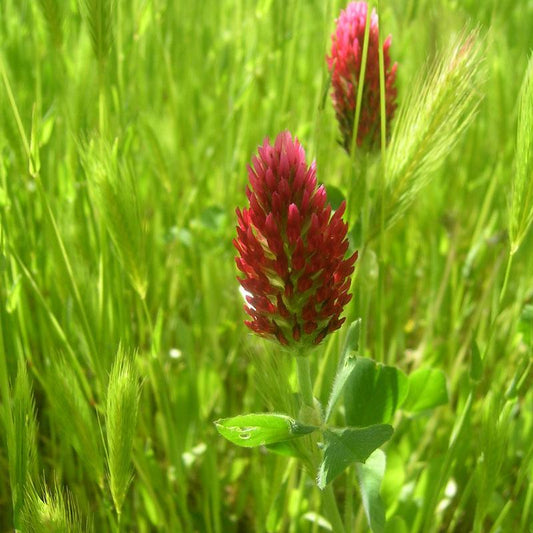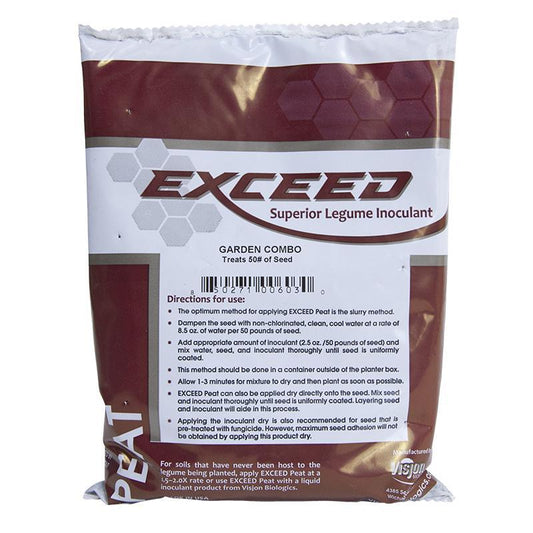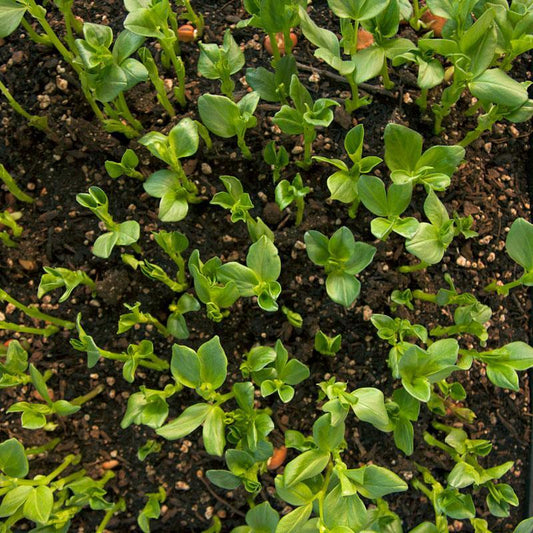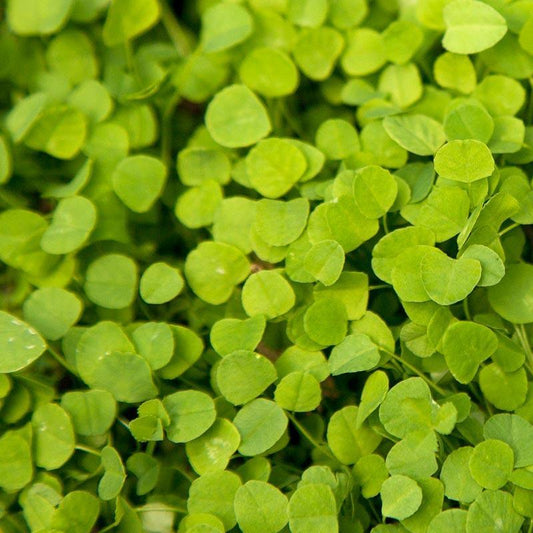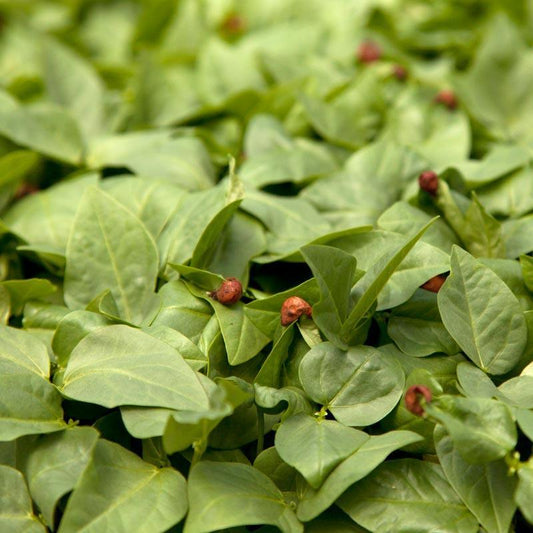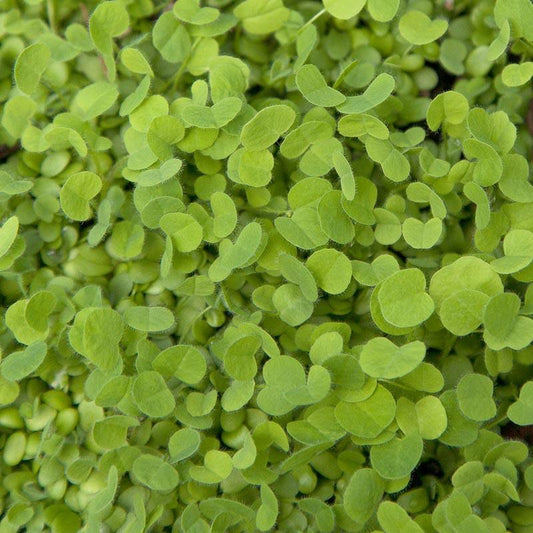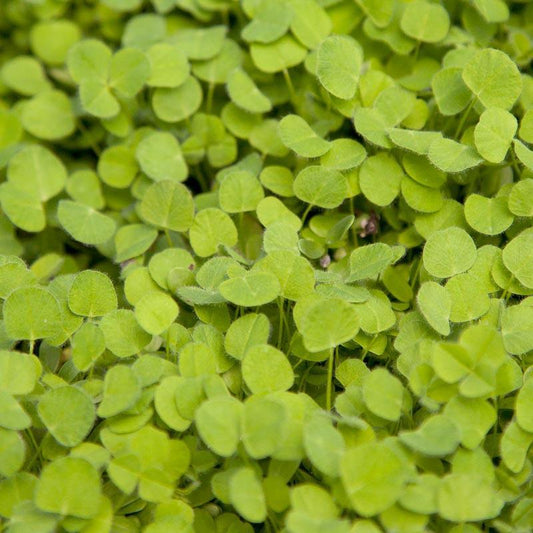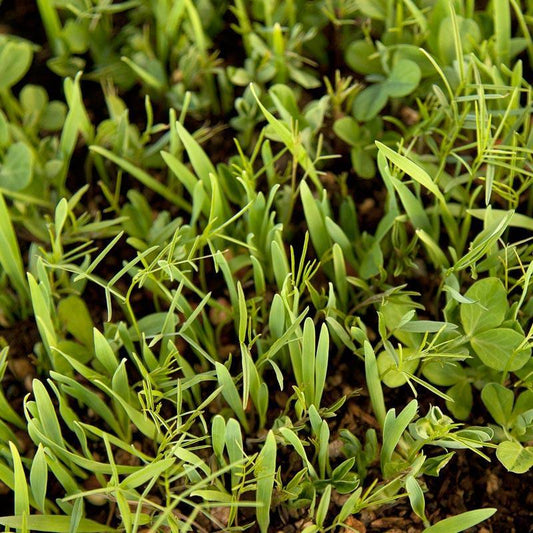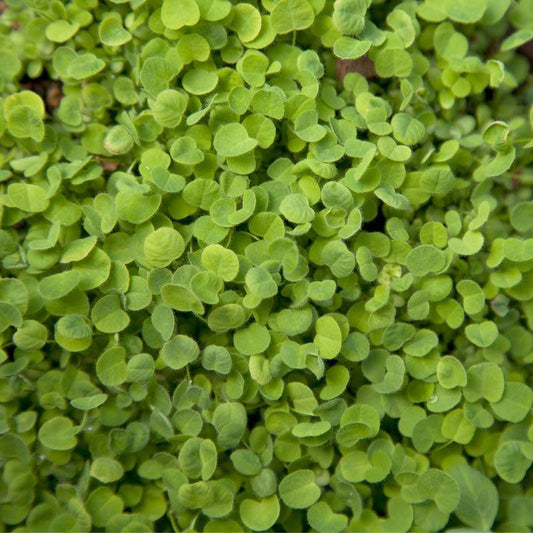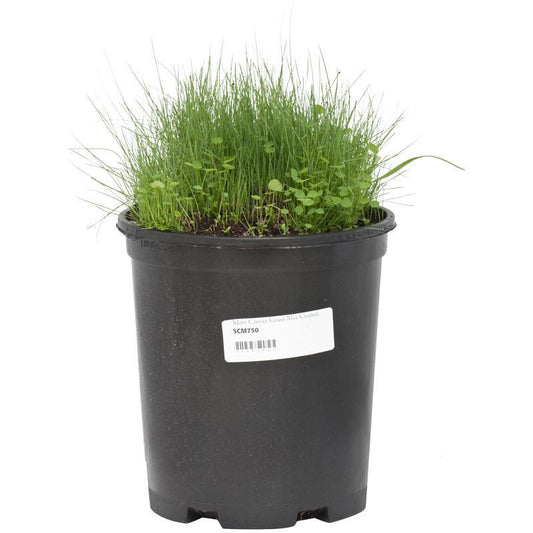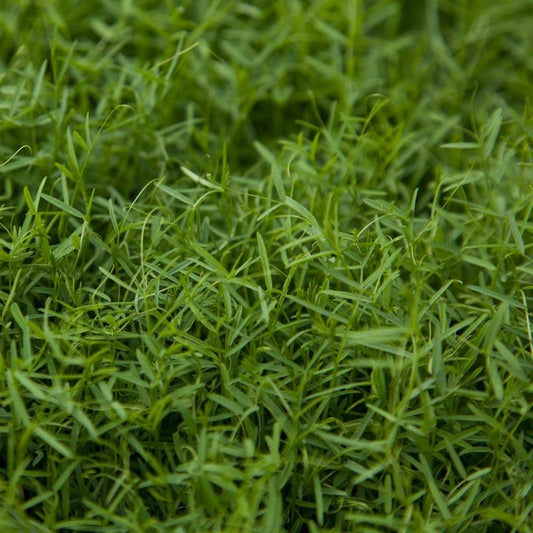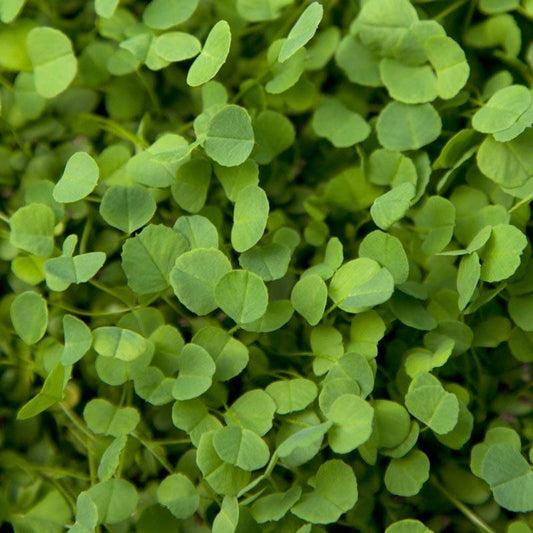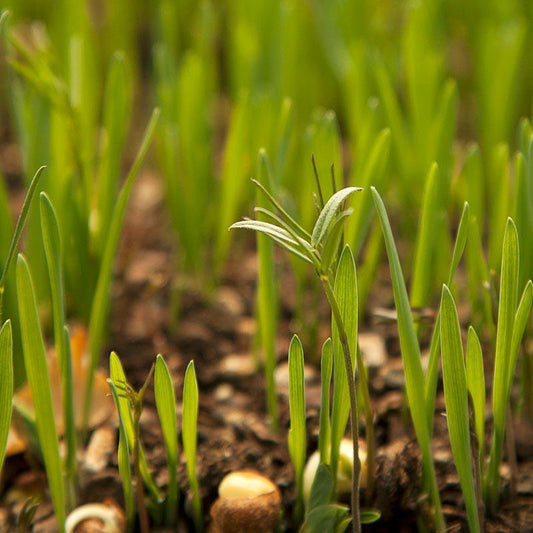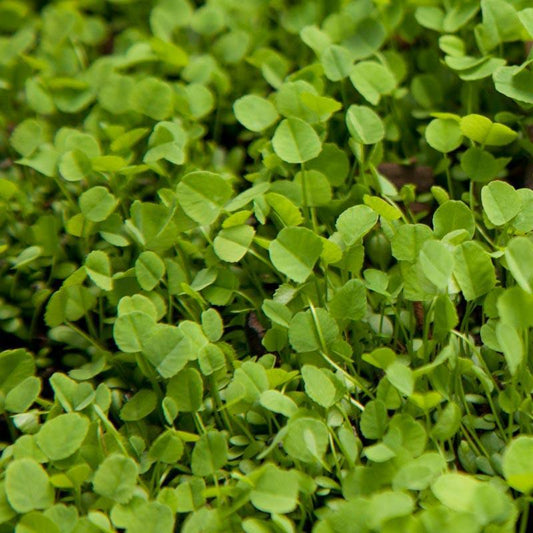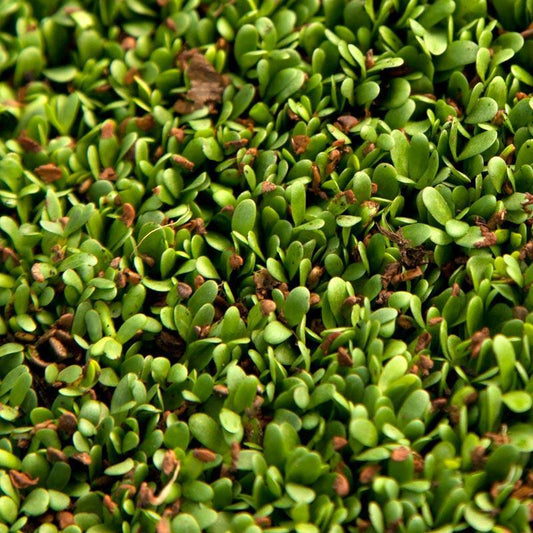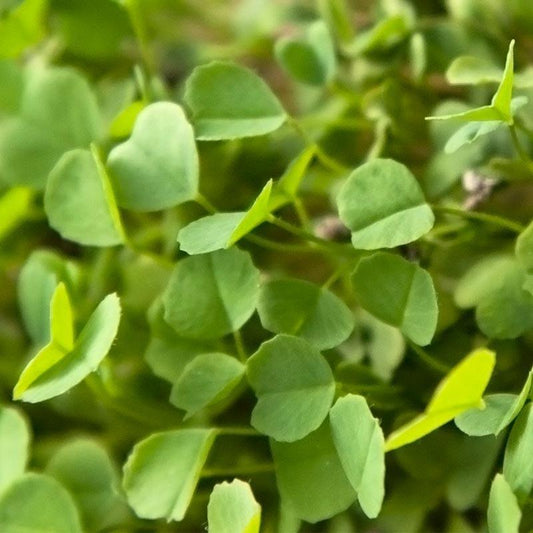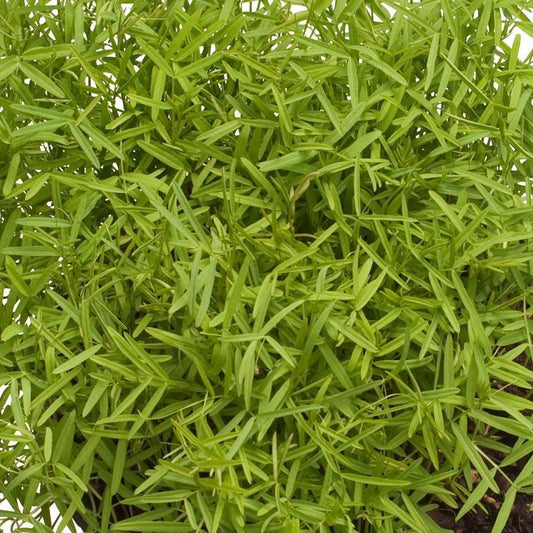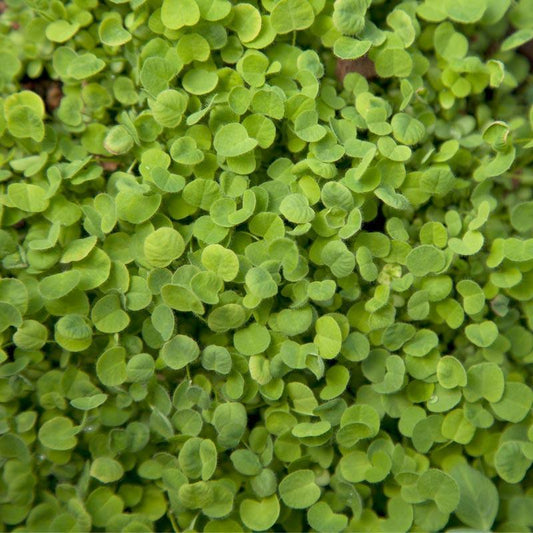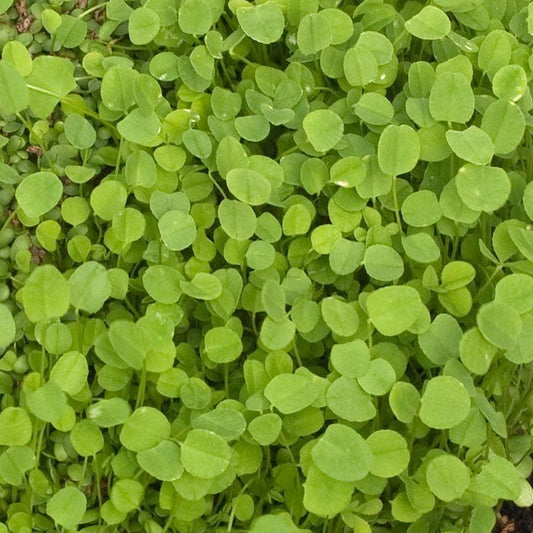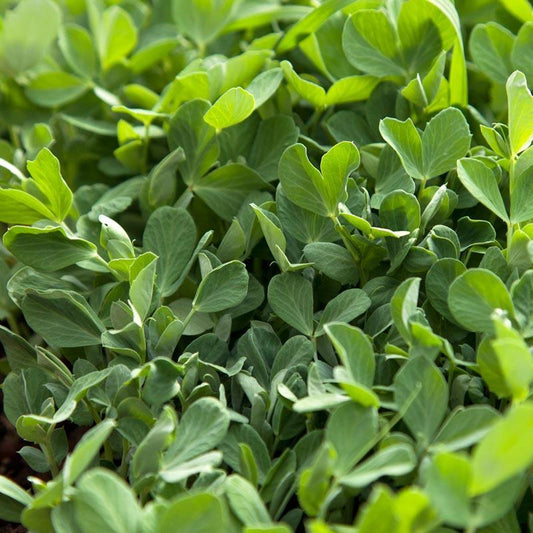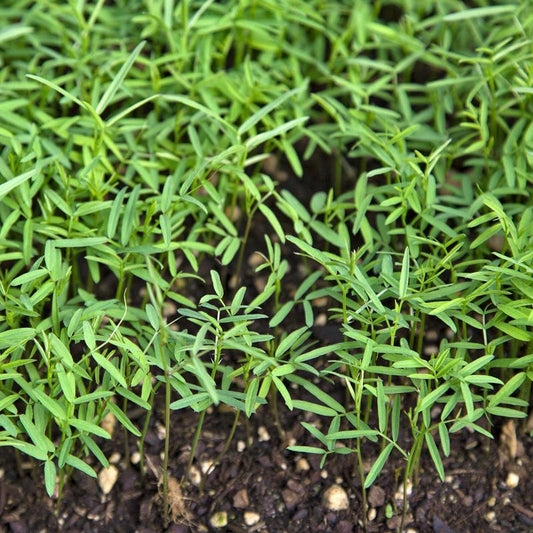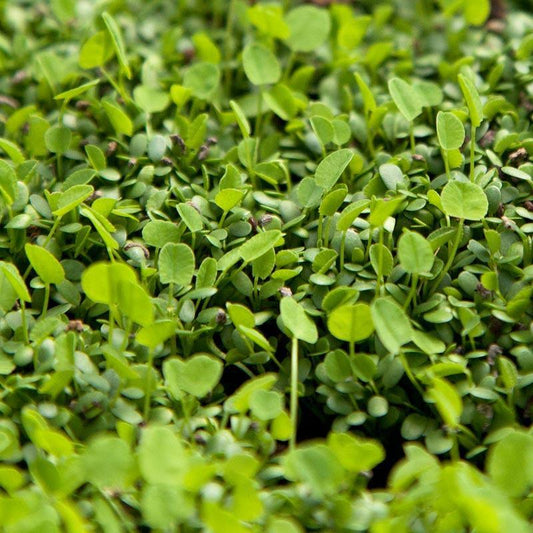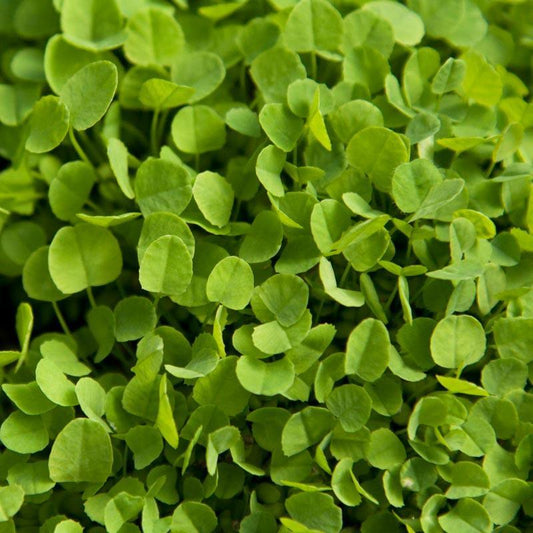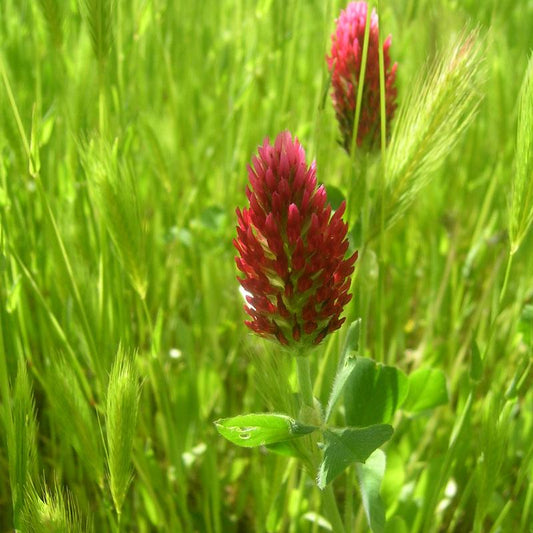Collection: Legume Cover Crop Seed
Legume seeds, available in various varieties, are a versatile and invaluable resource for gardeners and farmers to improve soil health, enhance nitrogen levels, and contribute to sustainable agricultural practices. This collection of legume seeds offers a wide range of options for cover cropping, ensuring that you can select the right legume for your specific planting needs and regional climate. In this comprehensive guide, we will explore the benefits, planting considerations, and the role of legume cover crops in sustainable agriculture.
Understanding Annual Cool Weather and Warm Weather Legumes:
-
Annual Cool Weather Legumes: These legumes, such as clover, fava beans, and Austrian winter peas, are typically planted in the fall, taking advantage of cooler temperatures. They thrive in regions where winters are mild or moderate. Cool-weather legumes play a crucial role in improving soil structure, suppressing weeds, and fixing nitrogen in preparation for the following growing season.
-
Warm Weather Legumes: In contrast, warm weather legumes like black-eyed peas, chickpeas, and soybeans are planted during the summer months when temperatures are higher. These legumes thrive in regions with hot summers and are well-suited for providing additional benefits such as weed suppression, organic matter incorporation, and nitrogen fixation.
Planting and Timing Considerations:
-
Annual Cool Weather Legumes in Warm Climates: In regions with warm winter climates, cool weather legumes can be planted through February, provided they receive adequate irrigation. However, it's essential to ensure that vetches are sown early in the fall for optimal establishment. Pairing them with grains like oats, barley, or rye supports their vine growth and acts as a nurse crop, assisting in their development.
-
Nitrogen Fixation: One of the primary advantages of planting legume cover crops is their ability to fix nitrogen in the soil. This nitrogen-fixing process occurs when legume plants work in harmony with specific rhizobia bacteria in the soil. The result is the formation of nodules on the roots, where nitrogen is captured from the atmosphere and made available to other plants in the ecosystem.
-
Inoculation for Maximum Nitrogen Fixing: To maximize the nitrogen-fixing potential of legume cover crops, it is advisable to inoculate the seeds with the appropriate inoculant before planting. Inoculants are formulations containing beneficial rhizobia bacteria specific to the legume species. Coating the seeds with inoculant ensures that the plants establish a successful partnership with nitrogen-fixing bacteria, resulting in healthier and more productive cover crops.
Benefits of Legume Cover Crops:
-
Nitrogen Enrichment: Legume cover crops are crucial in replenishing soil nitrogen levels, making this essential nutrient readily available for subsequent crops. This natural nitrogen fixation reduces the need for synthetic fertilizers, contributing to cost savings and environmental sustainability.
-
Improved Soil Structure: The deep root systems of legumes help break up compacted soil, enhancing aeration and water infiltration. As the plants decompose, they contribute organic matter to the soil, further improving its structure and fertility.
-
Weed Suppression: Legume cover crops compete with weeds for resources, effectively suppressing weed growth. This natural weed control reduces the need for herbicides and manual weed management.
-
Erosion Control: Legume cover crops help prevent soil erosion by stabilizing the soil with their root systems and providing ground cover.
-
Disease and Pest Management: Some legumes, like clover, can serve as host plants for beneficial insects and predators, aiding in natural pest control.
Legume seeds used as cover crops are indispensable tools in sustainable agriculture and gardening. They contribute to improved soil health, enhanced nitrogen levels, and reduced reliance on synthetic fertilizers and herbicides. Whether you are planting cool weather legumes in the fall or warm-weather legumes in the summer, these cover crops offer many benefits for your agricultural endeavors. By harnessing legumes' power and nitrogen-fixing abilities, you can cultivate healthier soils, reduce environmental impact, and promote sustainable and productive crop production practices.
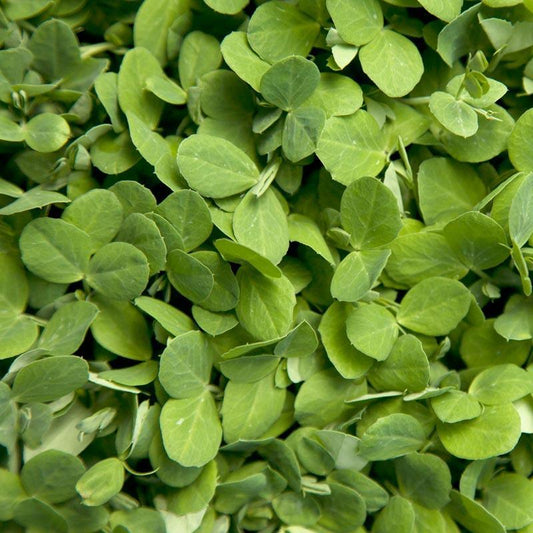 Sold out
Sold out

